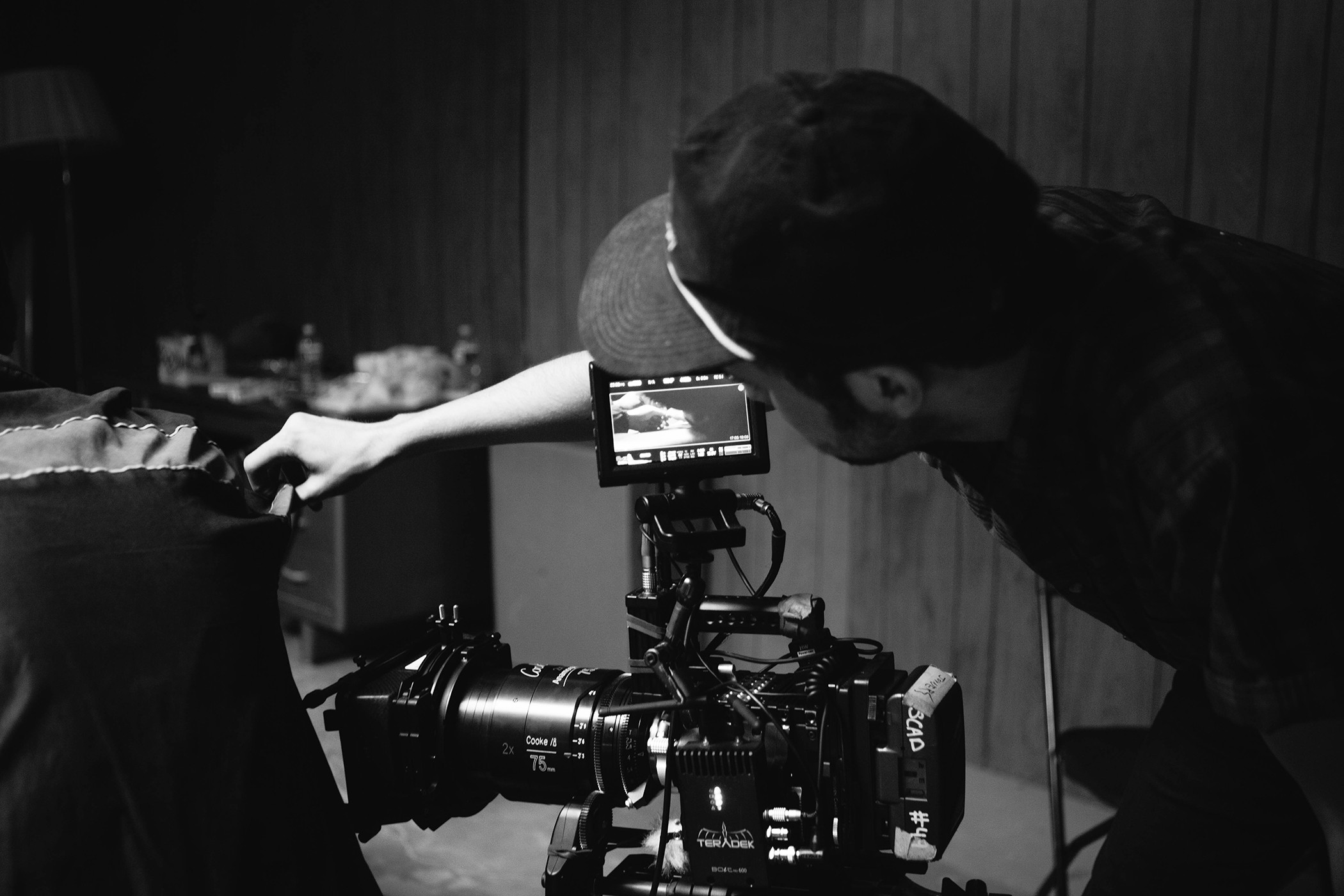Every project comes with its own lessons. There are lessons in failure and success, lessons in easy clients and difficult clients, and lessons in not being able to drum up any projects at all. Some of the most important lessons, though, come when we make projects for ourselves ⎯ passion projects. When left to our own devices, we have the chance to discover what we really have to offer, what we value, what we believe good work actually means. The lessons we learn by making passion projects have the ability to affect every aspect of our work, from the clients we choose to the stories we tell. Often, that’s worth the cost of production alone (whether that’s dollars, or simply the time spent by the people producing it).
Here are 4 important lessons to be learned from making passion projects.

Passion projects aren’t just good for your soul; they’re good for your business.
DEADLINES MATTER
Passion projects don’t want to be made. They love living inside our heads, and they’ll do everything possible to stay there. So we have to smoke them out with deadlines. Deadlines save us from overthinking and overtweaking. They save us from ourselves, really. All this time we thought they were working against us; but as it turns out, they’ve been our best friends.
When you’re up against a deadline, it’s easy to believe you’re being forced to turn in bad work. You’re not. You’re always capable of creating something significant and affecting. And often, the less time you have to create, the better. That’s what passion project deadlines have taught us, and that’s why we never go into a project without firm deadlines in place.
FIND YOUR POV
When you work on a client’s project, you necessarily adopt their point of view. And if you aren’t careful, it’s easy to forget your own point of view entirely. Passion projects force you to remember what’s unique about the way you see the world.
What you want to show people. What you have to say. Those are the things that make you valuable as a filmmaker, and they can easily get buried (or worse: snuffed out) by doing too many projects that don’t come straight from your soul.
Passion projects help you not only define your point of view, but also broadcast it, which can lead to paying work that’s more in line with who you are and what you want to make. That’s how Variable drummed up clients early on. “We did a ton of personal projects that we financed out of our own pockets,” Khalid Mohtaseb told us. “Clients that we wanted to work with obviously shared similar tastes; so they’d end up seeing a project online, loving it, and hiring us based on that. So as opposed to sending emails to potential clients and companies we wanted to work with, we got their attention by putting out a project that interested them.”
Lesson learned: Passion projects aren’t just good for your soul; they’re good for your business.

It’s okay to go after the money, but passion projects remind us not to take our freedom for granted.
FREEDOM IS BETTER THAN MONEY
We often think big budgets equal success. It’s true to some extent; but passion projects are a great lesson in the reverse: small budgets equal freedom. It’s like fashion photographer Bill Cunningham says in the super-great documentary Bill Cunningham New York: “If you don’t take their money, they can’t tell you what to do.” Many of the most successful filmmakers we know crave the freedom of their earlier days, when their budgets were low, their crews were small, and their work came straight from their hearts. It’s okay to go after the money, but passion projects remind us not to take our freedom for granted.
WHAT IS GOOD?
It’s so hard to know what’s good anymore. Nobody can agree on it. And when you’re doing work for someone else, you bend your taste to theirs. The direction you take with a client’s project may not be good in their eyes and for their goal, or visa-versa. Passion projects are the horrifying opportunity to decide for yourself when your work is done. There’s no need to ask any question except, ‘is it good for my project?’ This forces you to not only up your game (we are our own worst critics), but also consider what you’re looking for from your work in the first place. Is it good? Is it true? Is it worth other people’s time? You set the bar. And then you have to jump over it. Few exercises will improve your craft like trying to meet your own expectations.
Passion projects aren’t just a chance to make great films; they’re an opportunity to learn important lessons ⎯ about yourself, your craft, and this business in general. We hope you’re making time for them your own passion projects. And there’s no better time than right now to make it a reality.





















































































